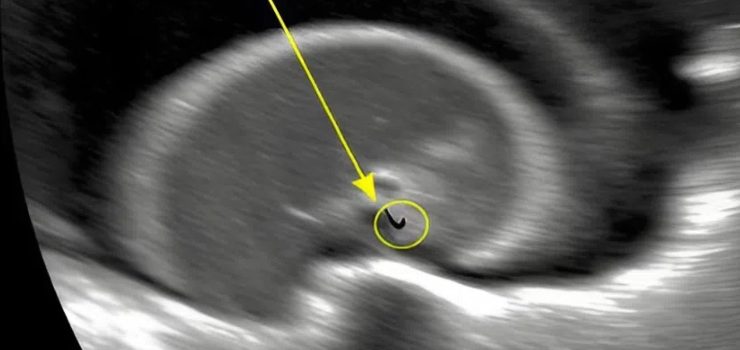Jimmy Swaggart, a prominent and often controversial figure in American televangelism, passed away at the age of 90 on June 15 after suffering cardiac arrest. He had been hospitalized for two weeks in Louisiana before his death. Known both for his powerful preaching and public scandals, Swaggart left behind a complicated legacy that shaped the world of televised ministry in the United States for decades.

Born in 1935 in the small town of Ferriday, Louisiana, Jimmy Lee Swaggart started preaching as a teenager, demonstrating a passion for evangelism from an early age. At just 17, he married Frances Anderson, and the couple began their life together in poverty, traveling from church to church and preaching wherever they could find a congregation. Their early years were marked by financial hardship, often living out of their car and relying on donations to get by. Despite these struggles, Swaggart’s drive never wavered, and his commitment to spreading the Gospel eventually led to greater opportunities. In 1969, his ministry began to gain traction through radio broadcasts, reaching a growing audience across the country.
That momentum led to the creation of the “Jimmy Swaggart Telecast” in 1971, which quickly gained national and international attention. By the 1980s, Swaggart had become a household name and a dominant force in the world of Christian broadcasting. His reach extended to millions of viewers through television and radio, and he expanded his ministry by founding the Family Worship Center in Baton Rouge, Louisiana, as well as a Bible college and Christian academy. In addition to preaching, Swaggart also had a successful career as a gospel singer, releasing more than 15 million albums that resonated with his faithful followers. He became a symbol of passionate, old-school Pentecostal preaching, combining fiery sermons with emotional musical performances. However, his reputation suffered a major blow in 1988 when he was caught in a scandal involving a prostitute.
The incident shocked his loyal fan base and made headlines nationwide. In a now-infamous televised confession, Swaggart tearfully admitted his wrongdoing, stating, “I have sinned,” in a dramatic moment that would become etched into the public consciousness. While some sympathized with his remorse, others viewed it as insufficient. The Assemblies of God, the denomination to which he belonged, temporarily suspended him, and his influence began to wane. Then, in 1991, Swaggart was involved in yet another scandal when he was again found in the company of a prostitute. This time, he offered no apology and instead responded defiantly, saying, “The Lord told me it’s flat none of your business.” This bold dismissal further damaged his already fragile reputation and alienated a large portion of his remaining followers.
Donations dropped, broadcast networks began to cut ties, and his once-thriving ministry faced serious setbacks. Despite these public failures and a steep decline in mainstream support, Swaggart did not retreat from the spotlight entirely. In 2007, he launched the SonLife Broadcasting Network, a platform that allowed him to continue sharing his message with a loyal, if smaller, audience. He resumed regular preaching at the Family Worship Center and remained active in ministry until the later years of his life. Through it all, Jimmy Swaggart remained a significant figure in American Christianity, both admired and criticized. His life story is one of highs and lows, of deep faith and personal failings, of global fame and public humiliation. Yet he maintained a devoted following, with many forgiving his past and continuing to support his mission. Swaggart is survived by his wife of more than seven decades, Frances, his son Donnie Swaggart—who followed in his father’s footsteps as a minister—and countless supporters who viewed him as a powerful, if flawed, servant of God. Love him or loathe him, Jimmy Swaggart’s impact on evangelical broadcasting and American religious culture is undeniable and will be remembered for generations to come.





